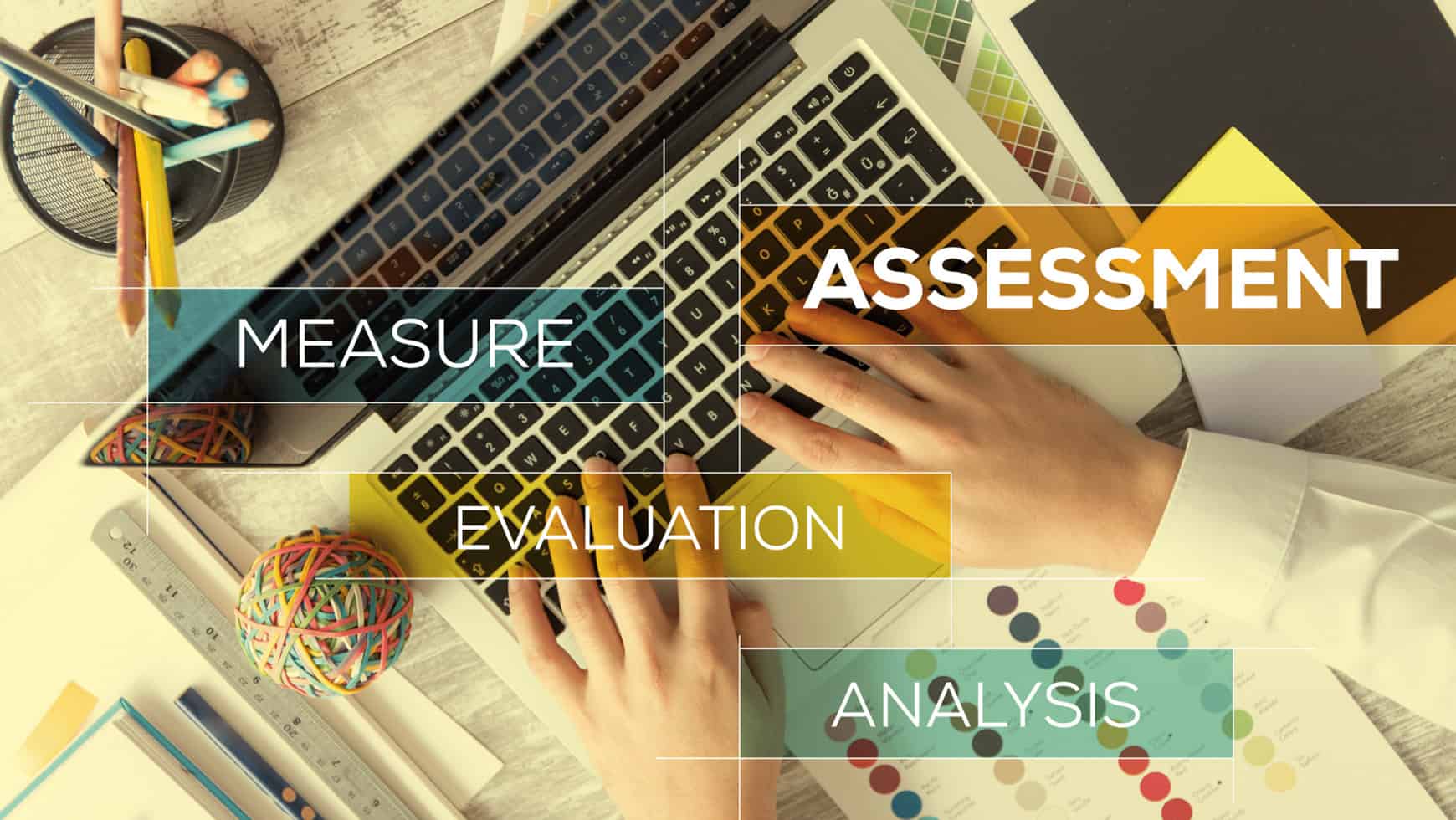Organizational Health – How to Assess Your Company?
For the benefits of our own health, many of us conduct on a regular basis a body check, which potentially enables us to ‘spot’ at an early stage any illnesses we might need to face soon or later. Nowadays, such ‘health-check’ is equally important for most businesses and/or companies in the world as they are confronted with an ever-changing business environment and thus with ever-changing regulatory requirements.
Benefits of Organizational Assessments
Regular organizational health checks on a business assists management to identify the potential issues and weaknesses of its operation, allowing it to take any actions to solve the problems it faces as well as to make relevant improvements.
Although management of some businesses might have conducted a financial ‘health-check’ and use its financial data/position as a (sole) indicator when evaluating/determining whether the business is healthy or not, other indicators to check its healthiness should be explored as well.
This as for the benefit of a long-term business development of a business, it will be crucial to ensure that it is in a good standing order from both a legal and a tax point of view, especially when it has an international presence.
Organizational Assessments
Corporate compliance
We are in an era in which businesses are requested to meet a number of regulatory compliances. For example, businesses need to not only make sure that they have relevant anti-money laundering measurements in place but also that they maintain a significant controllers register.
At the same time, relevant businesses registrations/registers, licences and insurances need to be in place as well. Further, there will be various reporting requirements, such as reporting on tax, directors/staff and pension contributions.
Therefore, it is important to ensure that a business has complied with all the applicable laws and regulations so as to avoid any penal and/or legal (tax) consequences.
Corporate governance
The management and operation of a business is usually governed by the laws of its ‘incorporation’, potentially by its memorandum & articles of association as well as by its own business objectives and policies.
Due to the potential changes in the aforesaid elements, a business’s corporate governance has to be reviewed and adjusted accordingly in order to stay effective. Hence, it is vital for a business to perform a regular check/review on its corporate governance in order to ensure that the business’s matters continue to be managed and controlled properly.
Risk management
Risk management has become more and more crucial when running a business. Businesses face different kinds of risks, such as risks in relation to intellectual property right infringements, business contracts breaches, data hacking breaches, corporate bank account closures, money-laundering, product liabilities and changes to the political environments.
Performing a constant health check/review can facilitate management to monitor and detect the potential risks/threats for the businesses before the problems arise. This has become a trend within many industries which are applying the newer enterprise risk management (ERM) frameworks.
Organizational Tax Review
A throughout organizational health should include tax liabilities. Some businesses tend to focus purely on generating income and put their tax compliance as well as other tax related matters aside until the tax authority ‘knocks’ on their doors and/or impose hefty fines.
As one may be aware, the Common Reporting Standard (CRS) (including automatic exchange of information and reporting on a country-by-country basis and master file & local file reporting) has globally been introduced with a view to enhance transparency of tax/financial account information among the tax jurisdictions.
In addition, the Base Erosion and Profit Shifting (BEPS) project has also been launched for various tax purposes including combating tax erosion. In the continuing fast evolution of tax laws in the international arena, it is necessary for a business to be well aware of its tax reporting obligations, understand its tax position as well as identify its potential tax exposures and risks in the relevant tax jurisdictions.
In view of the above and since tax compliance and tax risks can vary from transactions to transactions, conducting a tax health check on regular intervals can facilitate a business’s management to:
- Monitor and evaluate its tax position and tax risks on a timely manner.
- Develop tax plans to counter-measure any tax risks and achieve tax efficiencies.
- Prepare for any potential tax enquiries or investigations from the relevant tax authorities.
Organizational Health Takeaway
While a person is suggested by doctors to perform a body check regularly, a business is recommended to conduct a thorough organizational health check-up and period review on its legal and tax aspects every year. It is also important to follow up with ‘suggested’ follow-up actions after the health check has been completed.






